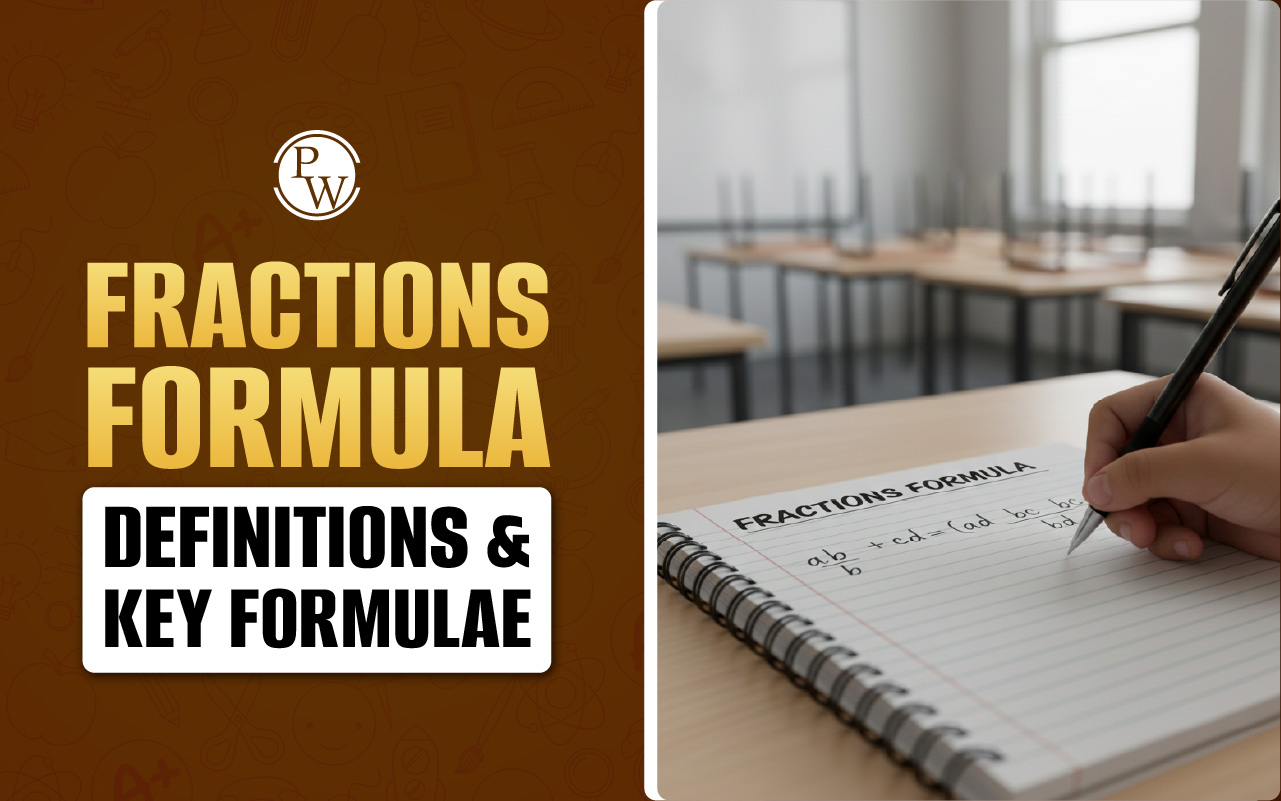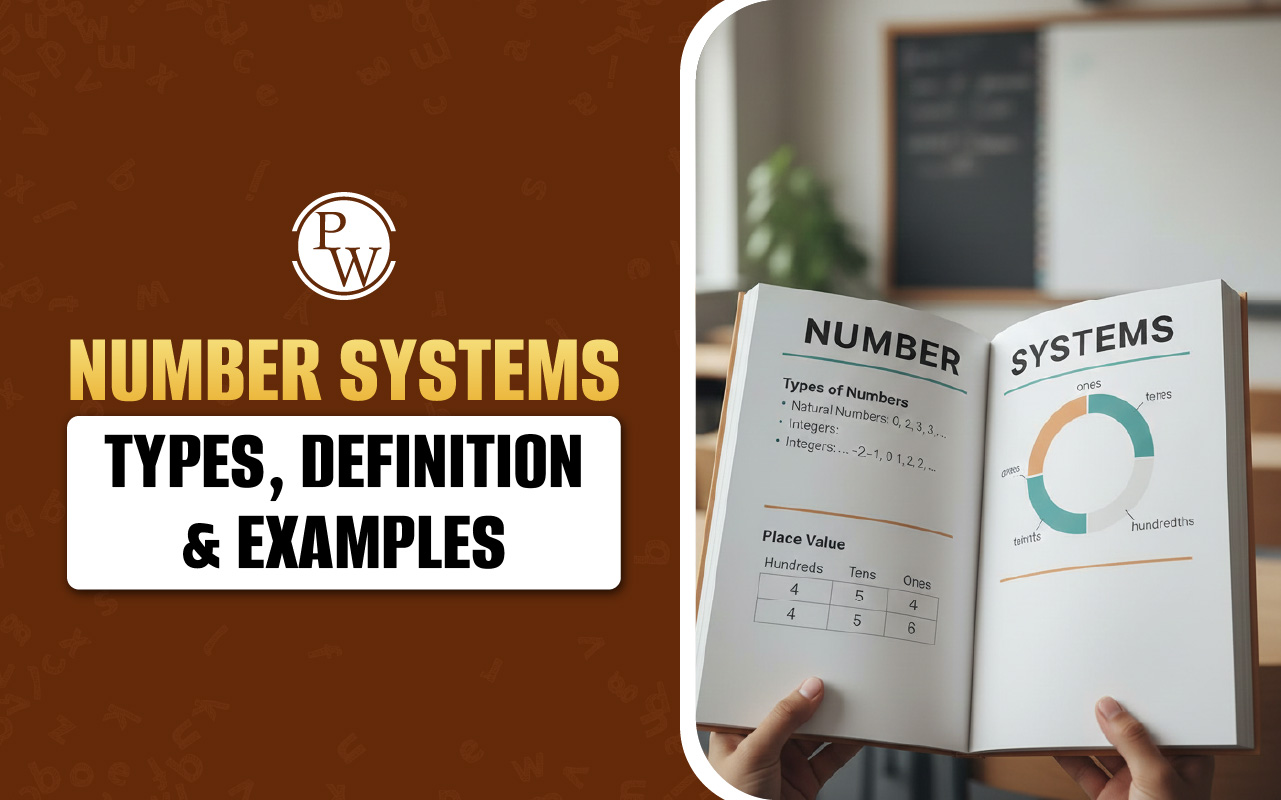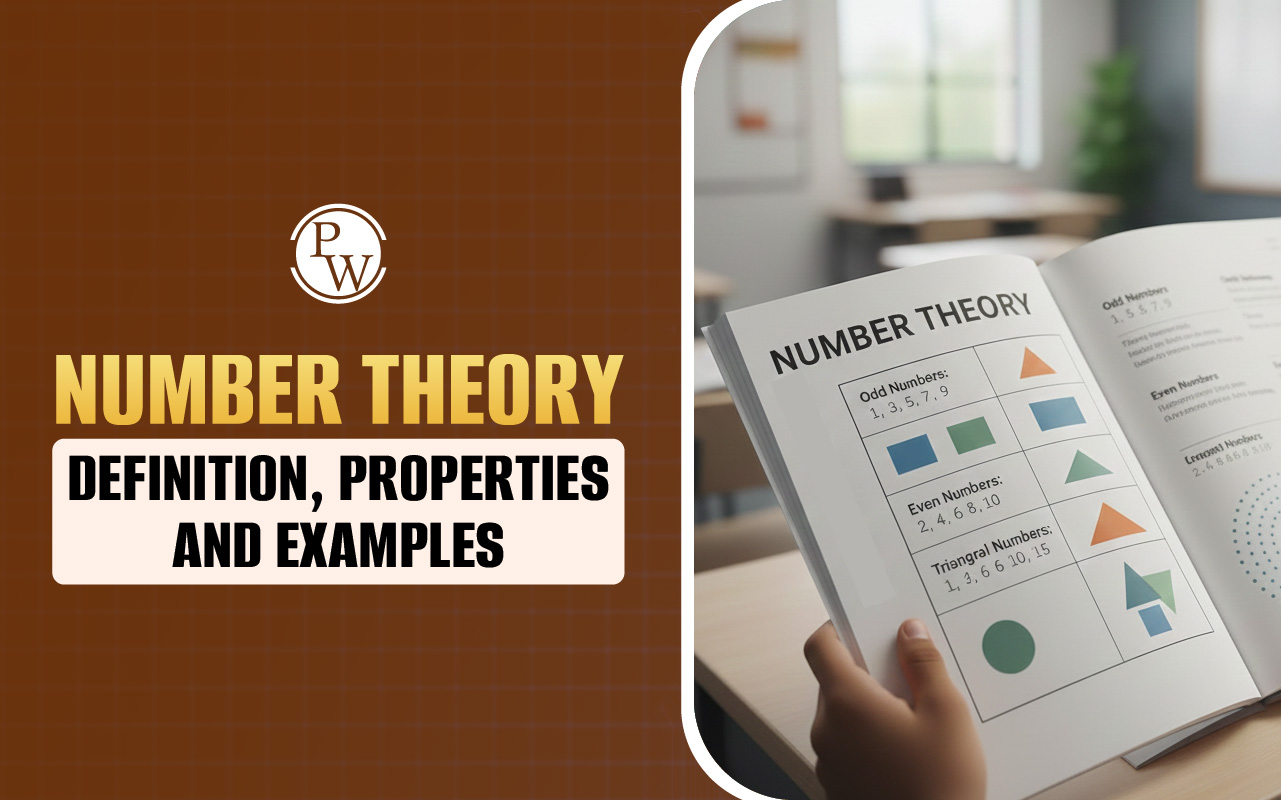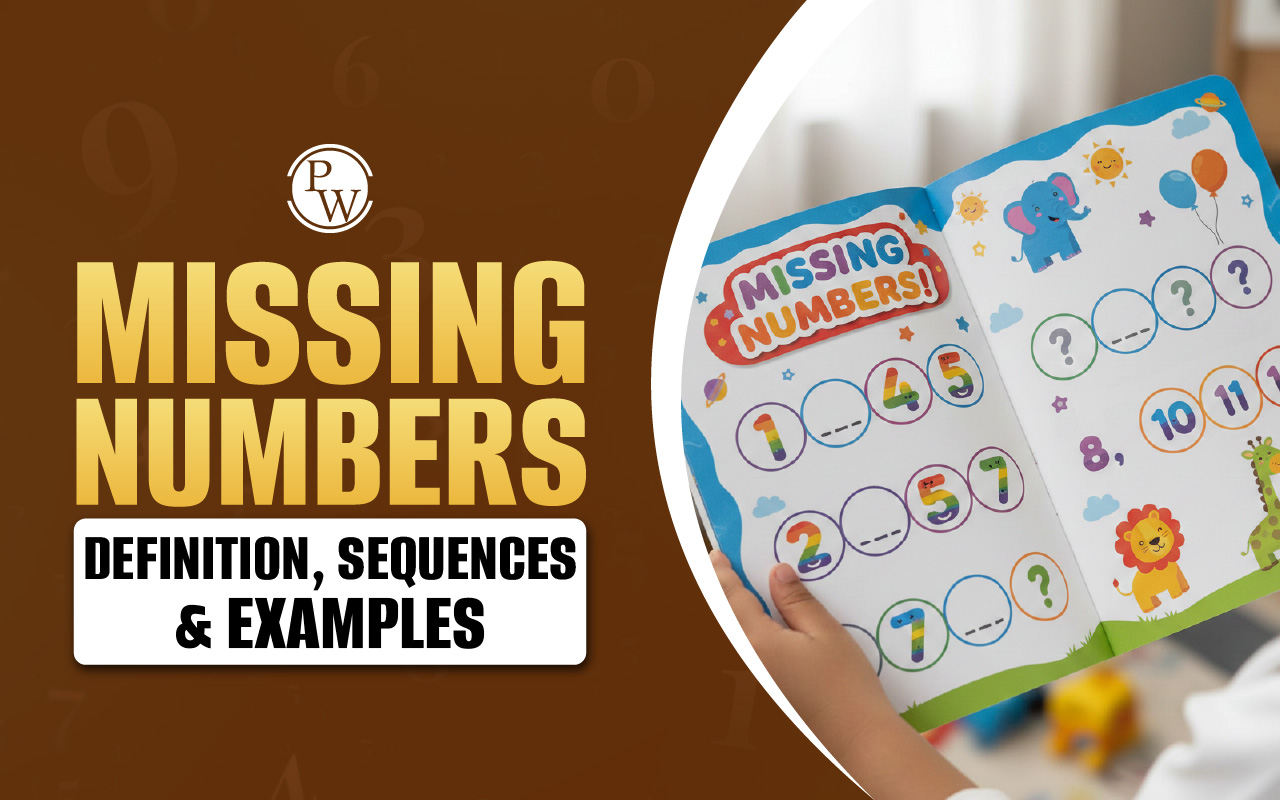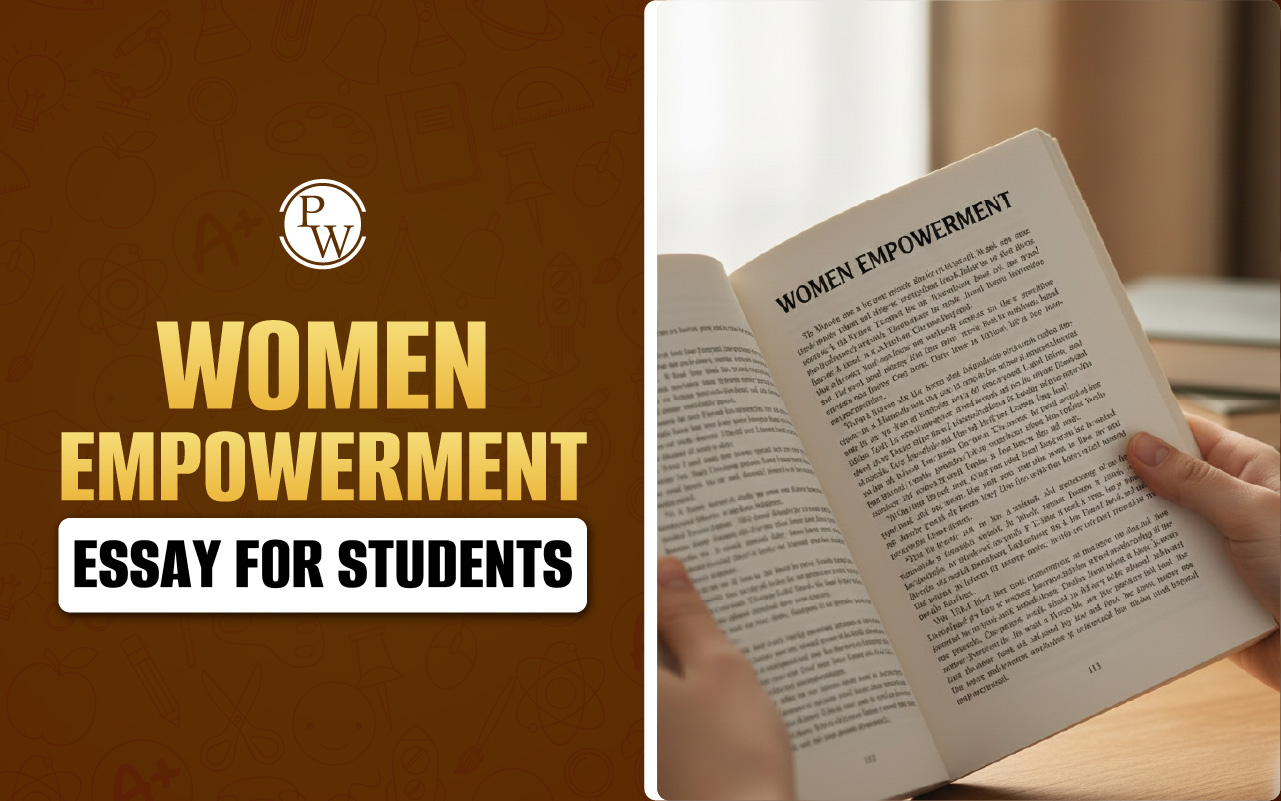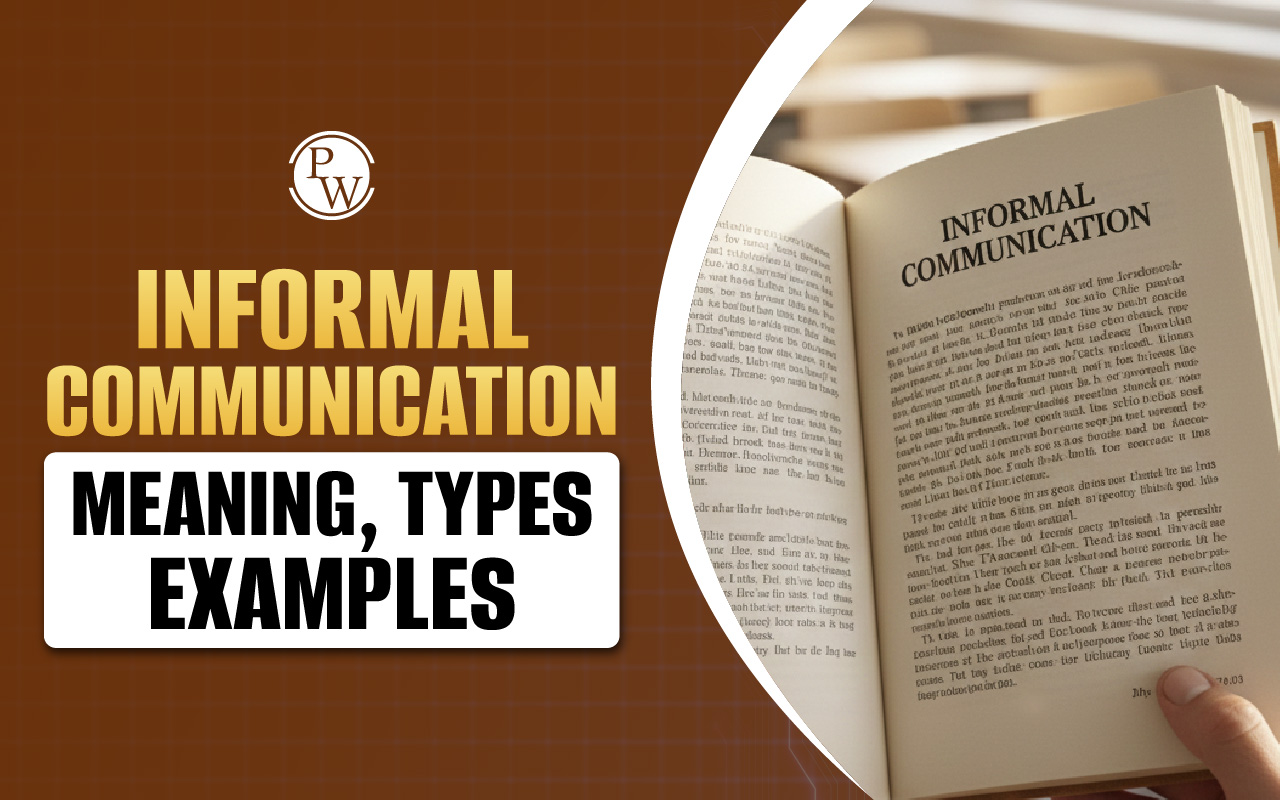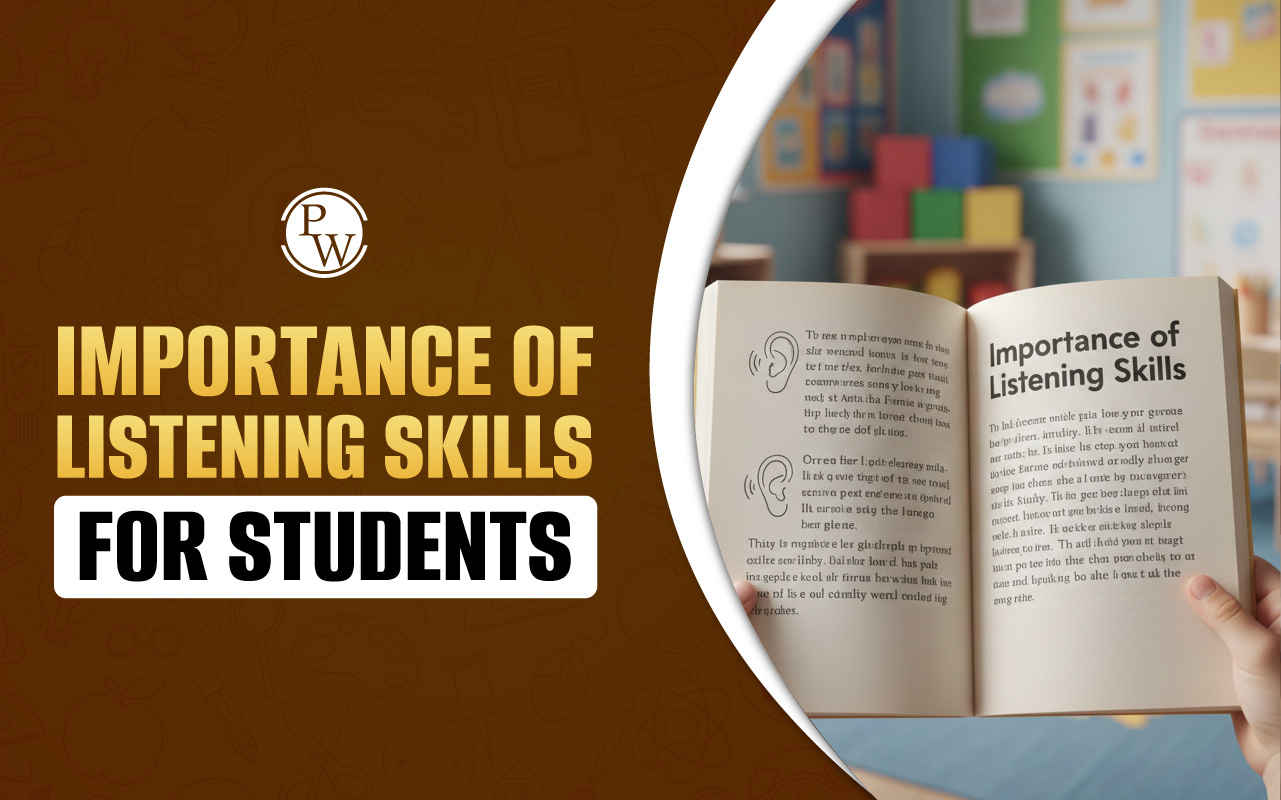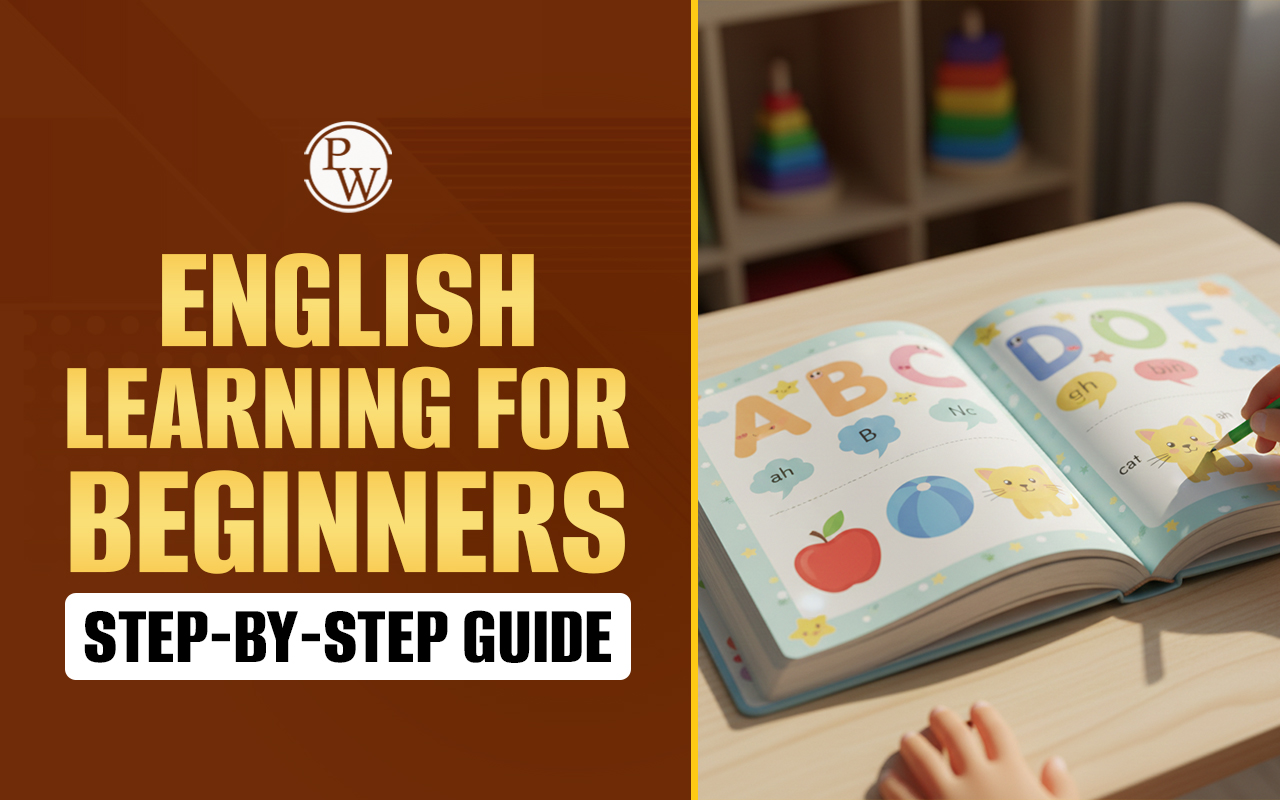
Experiential Learning: Have you ever felt like you learn better when you do something instead of just reading or listening? Experiential learning is a fun and exciting way to learn by doing.
Instead of just sitting in a classroom, you might work on projects, solve problems, or even help in your community. This hands-on approach helps you understand lessons better, develop important skills like teamwork and problem-solving, and grow more confident.
Read on to gain detailed knowledge about this engaging learning concept and how it can help you grow smarter and more capable every day!
[video width="1920" height="1080" mp4="https://www.pw.live/exams/wp-content/uploads/2024/12/Curious-Jr-Ad-3-1-1.mp4"][/video]What is Experiential Learning?
Experiential learning means learning by doing. Instead of just listening to lectures, you actively take part in activities that teach practical skills. By reflecting on these experiences, you understand and remember lessons better.
Why Experiential Learning Matters?
Here are some key benefits of experiential learning explained simply:
- Use what you learn : It helps you take lessons from the classroom and use them in real-life situations.
- Learn important skills : You improve at thinking critically, solving problems, communicating, and working with others.
- Get ready for work : You experience real workplaces, so you understand what to expect in a job.
- Build confidence : By handling challenges, you become more sure of yourself and your abilities.
- See new perspectives : You learn from different environments and people, which helps you understand the world better.
- Remember more : Doing things makes learning stick better than just reading or listening.
- Find what you love : It helps you discover your interests and what you might want to do in the future.
These benefits make learning more practical, enjoyable, and helpful for your future.
Types of Experiential Learning
Experiential learning comes in various forms, each tailored to different fields and interests. Here are some common types and what makes them unique:
Internships
Internships are short-term opportunities for students to gain professional experience in their field of interest. These placements allow students to understand workplace dynamics, test their skills, and explore potential career options.
Internships can be paid or unpaid, but their value lies in the practical exposure they provide. Students learn to apply theoretical knowledge and build a network of industry professionals.
Apprenticeships
Apprenticeships are longer-term engagements where students work under the guidance of experienced professionals to develop specific skills.
Unlike internships, apprenticeships are often more structured and skill-focused, making them ideal for trades or specialized professions.
For instance, a carpentry or culinary arts student might choose an apprenticeship to gain hands-on expertise and a potential pathway to employment.
Service-Learning
Service-learning combines education with giving back to the community. Students work on real issues like poverty, homelessness, or environmental challenges while gaining meaningful lessons.
This approach benefits both students and communities. Students develop skills and a deeper understanding of social needs, while communities receive valuable support. Service-learning fosters empathy, teamwork, and a sense of responsibility, creating a powerful and rewarding learning experience.
Study Abroad
Studying abroad is a transformative form of experiential learning where students immerse themselves in a new culture while continuing their education. This experience helps students develop a global perspective, improve language skills, and adapt to social norms.
It’s an opportunity to step out of one’s comfort zone and grow personally and academically. Study abroad programs often include cultural exchange activities, internships, or community projects.
Undergraduate Research
Undergraduate research allows students to explore topics of interest, contribute to academic advancements, and solve real-world problems. Students work closely with mentors to conduct experiments, analyze data, and develop solutions.
This hands-on approach fosters critical thinking and creativity, making it an excellent preparation for research or graduate studies careers.
Clinical Experiences
Clinical experiences allow students to apply what they have learned in real-world environments, particularly in healthcare and education. These experiences are essential for bridging the gap between theory and practice.
For example, nursing students might work alongside healthcare professionals in hospitals, gaining hands-on experience with patient care.
Similarly, education majors might assist in classrooms, learning how to manage a classroom and interact with students effectively. These experiences enhance technical skills and build confidence in handling real-life situations.
They teach students to make informed decisions, adapt to challenges, and operate effectively within professional settings, preparing them for their future careers.
Simulations and Role-Playing
Simulations and role-playing give students unique opportunities to practice decision-making in a controlled and risk-free environment.
For example, business students might participate in a simulated market to learn how economic systems work, while engineering students might test their designs using virtual tools. These experiences help students tackle complex problems, experiment with different solutions, and see the outcomes of their choices.
Role-playing scenarios, such as acting as a team leader or resolving conflicts, teach valuable skills like teamwork, communication, and leadership.
These activities allow students to learn from their mistakes in a safe space, making them better prepared for real-world challenge s.
The Experiential Learning Process
Experiential learning is a dynamic and structured process designed to transform experiences into meaningful learning outcomes. David Kolb, a leading educational theorist, developed the experiential learning cycle, which consists of four interconnected stages that guide students through learning by doing and reflecting.
Step 1: Concrete Experience
The process begins with direct involvement in a hands-on activity. This stage immerses students in practical tasks that form the foundation for learning.
For instance, conducting a science experiment, working on a group project, or participating in a volunteer program allows students to experience new challenges and concepts firsthand. These real-world interactions lay the groundwork for deeper understanding and engagemen t.
Step 2: Reflective Observation
After completing the activity, students take a step back to reflect on their experiences. They analyze what happened, focusing on what went well, what could have been done differently, and why outcomes occurred as they did.
This stage encourages looking at situations from multiple perspectives, fostering self-awareness and critical thinking. Reflection is crucial in turning raw experiences into valuable insights that inform future actions.
Step 3: Abstract Conceptualization
In this stage, students connect their reflections to broader theories or concepts. By interpreting their experiences, they create strategies or frameworks that guide future decisions.
For example, a student might use lessons from a group project to develop a new approach to teamwork. Abstract conceptualization bridges the gap between specific experiences and general principles, enabling students to develop adaptable and transferable knowledge.
Step 4: Active Experimentation
Finally, students apply their insights and strategies in new contexts. This stage involves testing their ideas to see how they work in practice, reinforcing learning, and building confidence.
For example, a student who improved their teamwork skills might lead a new group project to practice their refined approach. Active experimentation ensures students face real-world challenges and adapt effectively to different situations.
The experiential learning cycle is not a straight path but a repeating process. Students can go back to each stage, improve, and learn more as they gain new experiences.
This ongoing process helps them understand things better and grow both personally and professionally, giving them the skills and confidence to succeed in their chosen careers.
| Also Read | |
| Subtraction Sums | Word Problems |
| What is an Abacus? | Math Puzzles |
| Multiplication Worksheets : | Multiplication Sums |
Experiential Learning FAQs
How does experiential learning differ from traditional learning?
How do students measure success in experiential learning?
What role does failure play in experiential learning?
How does experiential learning enhance creativity?

